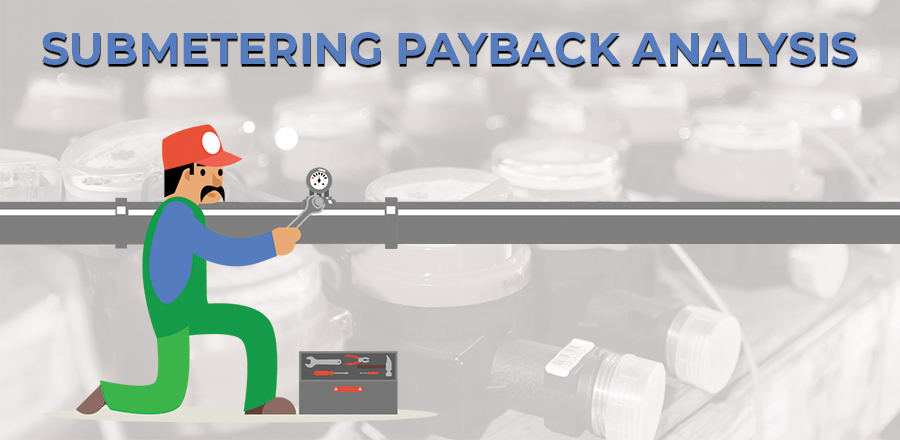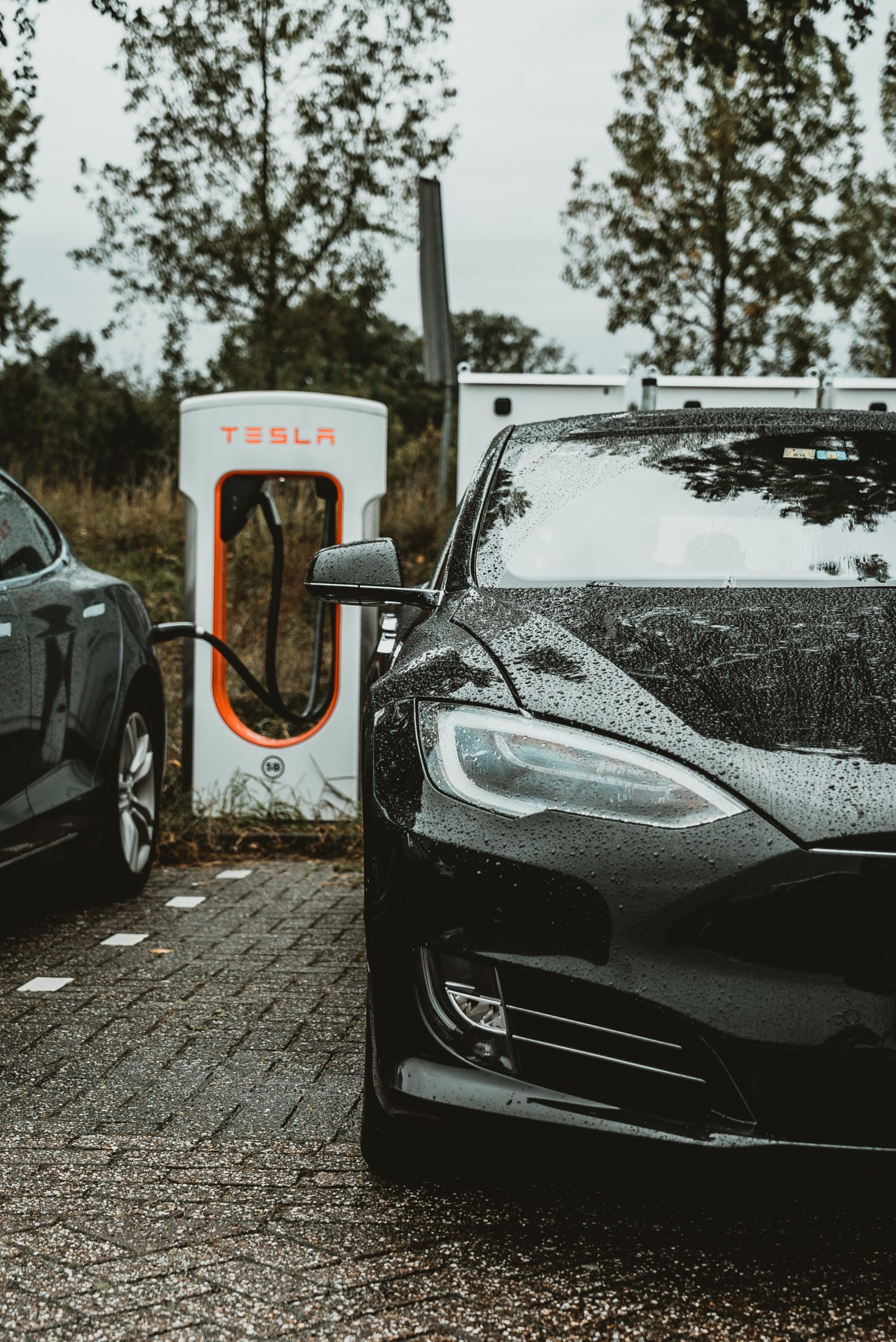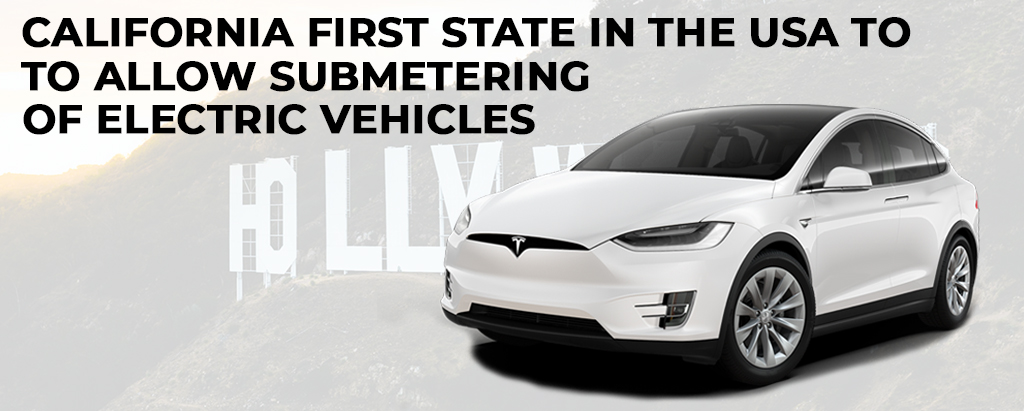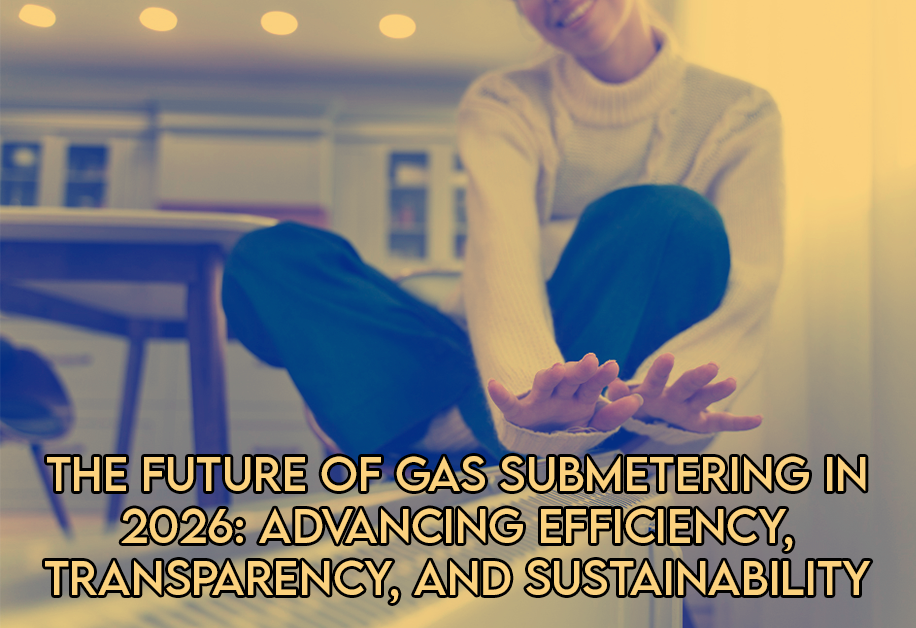
Cooperator Expo South Florida
October 4, 2022
Learn About Submetering Payback Analysis
November 29, 2022California Sets Historic Precedent as First State to Legalize Electric Vehicle Submetering

The California Public Utilities Commission (CPUC) made California the first state in the nation to allow electric vehicle (EV) owners to measure an EV’s energy use independently from the owner’s main utility meter through a technology known as submetering. This decision will accelerate the growth of EVs by allowing EV drivers, owners of fleets of electric buses and trucks, and other customers to avoid installing an expensive additional meter for measuring the electricity used by charging their EVs.
Separately metering EV charging independently from a customer’s main utility meter is crucial because special rate structures apply to EVs that allow customers to buy less costly power during off-peak times. Those rate structures are often inappropriate for the entire home or commercial facility where the EVs are located. The inability to submeter has been a major barrier to the expansion of EVs because taking advantage of EV-specific rates significantly lowers the total cost of ownership of an EV but few customers are willing to invest in a separate utility-grade meter. Submetering will also allow EV charging to participate in demand response programs by decreasing the EV charging load or even feeding power back into the grid when it is needed most.
Today’s Decision also adopts communication protocols for EV chargers, which are often called EV Service Equipment (EVSE). The communication protocols are consistent with recent CPUC-approved utility EV programs, as well as with the California Energy Commission’s (CEC) recommendations for EVSE. The CEC has deemed these standards as vitally important to ensure interoperability with publicly funded EV charging infrastructure and to ensure the state achieves convenient, grid integrated charging.
California is the leader in electric cars with more than 1 million EVs sold in the state, comprising nearly half of nationwide EV sales. More than 16 percent of passenger cars now being sold in California are electric. Governor Gavin Newsom has advanced a historic $10 billion zero-emission vehicle (ZEV) package to accelerate this transition and make ZEVs more affordable and convenient for all Californians. To support the rapidly growing number of EVs, the CPUC has authorized utilities to spend more than $1.5 billion on EV charging. These funds are primarily dedicated to the EVSE, the supporting electrical equipment such as distribution lines, and the costs of installation. The CPUC has also directed utilities to create a menu of special rates for EV charging, making fueling EVs significantly cheaper than using gasoline or diesel.






